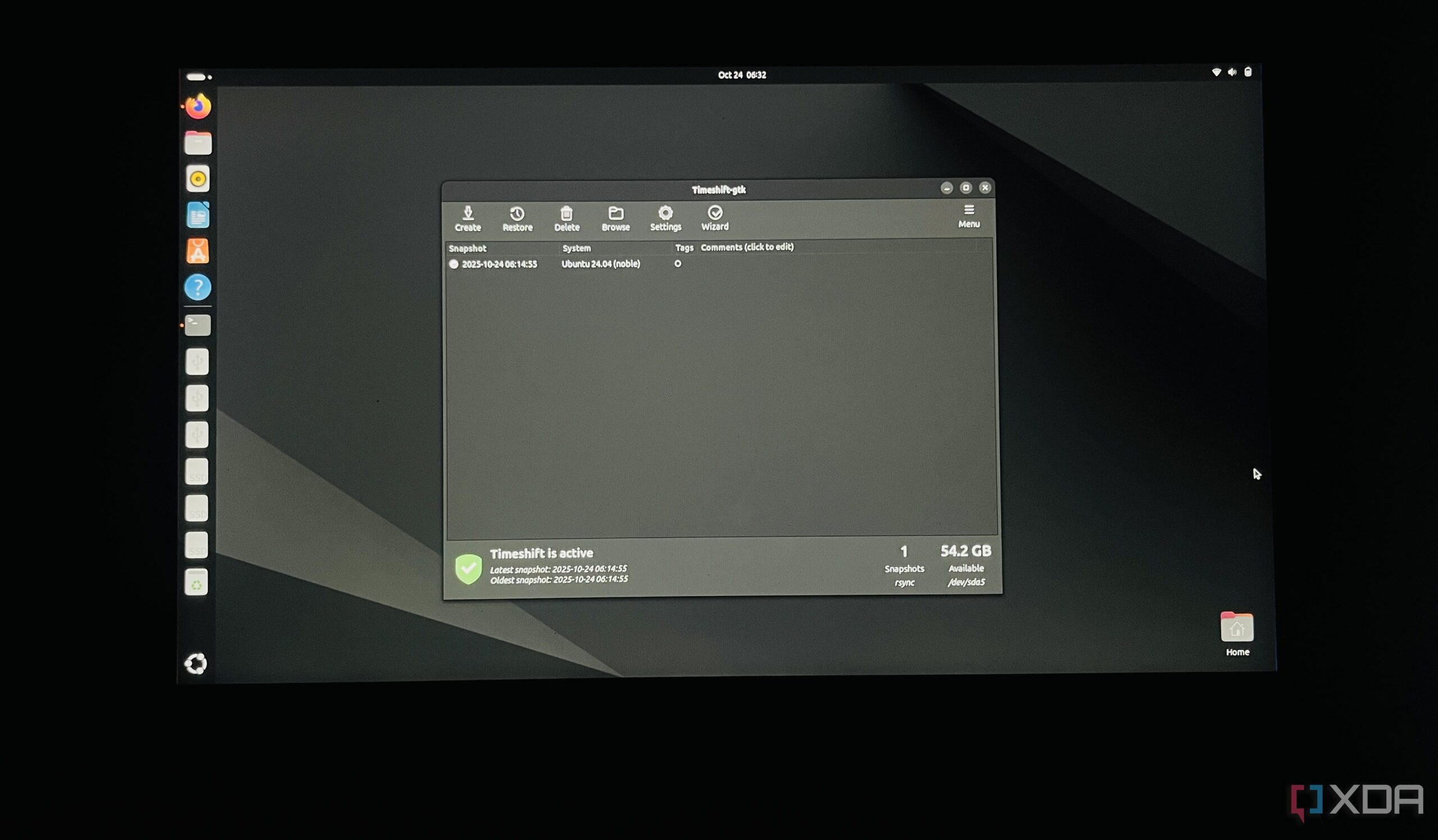URGENT UPDATE: A powerful new tool, Timeshift, is now available for Linux users, providing a crucial system restore feature that mirrors Apple’s Time Machine. This innovative software allows users to create system snapshots, enabling quick recovery from failures—an essential capability for anyone experimenting with different Linux distributions or updates.
In a landscape where Linux lacks built-in restore options, Timeshift meets a significant need. Users can now safeguard their systems against unexpected issues, making it a game-changer for both new and experienced Linux enthusiasts. Developing reports confirm that Timeshift supports all major Linux distributions, including Ubuntu, Linux Mint, and Debian, making it widely accessible.
The urgency of this release cannot be overstated. As many users explore new kernels and configurations, the risk of system failures increases. Timeshift addresses this concern with its ability to create incremental snapshots of essential system files, allowing for swift restoration in case of problems. This tool is particularly beneficial for users who prefer to experiment without the fear of permanently damaging their system.
Installing Timeshift is straightforward, requiring just a single command in the terminal. Users need to ensure they have specific dependencies installed, including meson, gettext, and libvte-2.91-dev. Once set up, Timeshift operates quietly in the background, automatically creating snapshots based on user-defined schedules—whether hourly, daily, or weekly.
The tool’s design prioritizes efficiency. Unlike traditional backup solutions, Timeshift focuses exclusively on system-level files, which speeds up recovery processes. Users can easily restore their systems using the simple interface, which displays a clear list of available snapshots.
Notably, Timeshift allows for cross-distribution restoration. Users can switch between different Linux distributions—like moving from Ubuntu to Xubuntu—without losing their previous setup. This feature not only enhances flexibility but also empowers users to explore Linux without hesitation.
However, Timeshift does have limitations. It does not back up personal files by default, which means users need an additional backup solution for documents and media. Furthermore, the snapshots can consume significant disk space over time, necessitating regular monitoring to avoid storage issues.
As of July 2023, Timeshift stands out as an essential tool for Linux users. It promotes confidence in system experimentation, making it a must-have for both novices and power users alike. With this tool at their disposal, Linux enthusiasts can now explore new configurations and software with peace of mind.
Don’t miss out on securing your Linux experience. Download Timeshift today and ensure your system is protected against unexpected disruptions. As the Linux community continues to grow, tools like Timeshift are vital for fostering a culture of innovation and experimentation.
